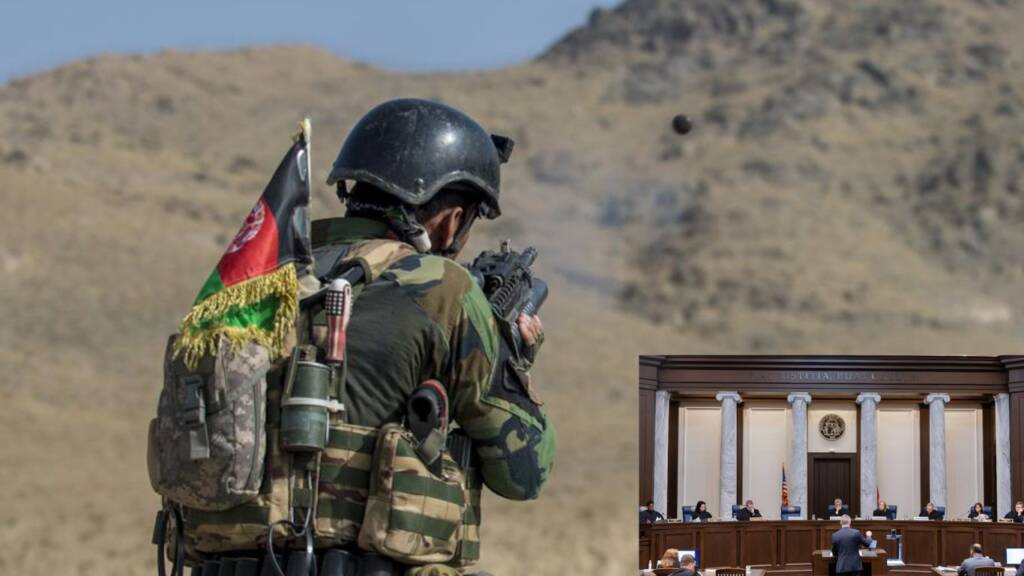A shocking revelation has come to light in a UK court: a single unnamed UK Special Forces (UKSF) officer rejected 1,585 resettlement applications from Afghan commandos who had worked closely with British forces. This happened during the summer of 2023, according to newly released documents from the Ministry of Defence (MoD).
These Afghan commandos, known as the “Triples” (from their unit names CF 333 and ATF 444), were trained, equipped, and paid by UKSF. They supported the elite British SAS and SBS forces in dangerous missions across Afghanistan for years. After the Taliban regained control of Afghanistan in 2021, these men were at serious risk of being targeted and killed because of their work with the UK.
The resettlement applications, many containing strong evidence of service, were supposed to offer them a safe passage to the UK. However, over 2,000 applications were rejected. The MoD now admits that one UKSF officer was responsible for rejecting 1,585 of them in what has been described as a rapid “sprint” through the files.
The court was also told that this same officer might be linked to an ongoing public inquiry into alleged war crimes by British forces in Afghanistan. Some of the Afghan applicants are believed to have been witnesses to these crimes. Critics say rejecting these applicants could have helped avoid damaging testimony in the UK-based inquiry, which cannot force foreign witnesses to attend if they are not in the country.
Natalie Moore, head of the UK’s Afghan Resettlement team, revealed that she had warned her superiors that UKSF might be automatically rejecting these applications – a potential sign of an “unpublished mass rejection policy.” Former Veterans Minister Johnny Mercer also raised the alarm earlier this year. He wrote to top government officials, warning that the same people accused of war crimes were being given the power to reject the applications of potential witnesses. He called the situation “deeply inappropriate.”
According to Mercer, some of the Afghan commandos were later killed by the Taliban after being denied entry to the UK. In one case, a rejected applicant had previously challenged UKSF leadership about extrajudicial killings in Afghanistan.
The MoD now admits that many of the rejections were not properly handled and has begun reviewing over 2,500 applications. So far, more than 600 rejections have been overturned. A court case brought by one of the rejected Triples is now challenging the legality of the entire process.
One MoD investigation, called Operation X, claimed there was no evidence of mass rejection or hidden motives, blaming the issue instead on “slack and unprofessional” work by the officer involved. However, this investigation offered little evidence to support its findings.
Lawyers for the Afghan commandos argue that the UK government failed in its duty to act fairly and truthfully. Daniel Carey, a lawyer for the former commando leading the case, said: “It should not have taken a lawsuit to get basic fairness and transparency.”
The court proceedings are ongoing and may lead to major changes in how such sensitive resettlement applications are handled in the future.
